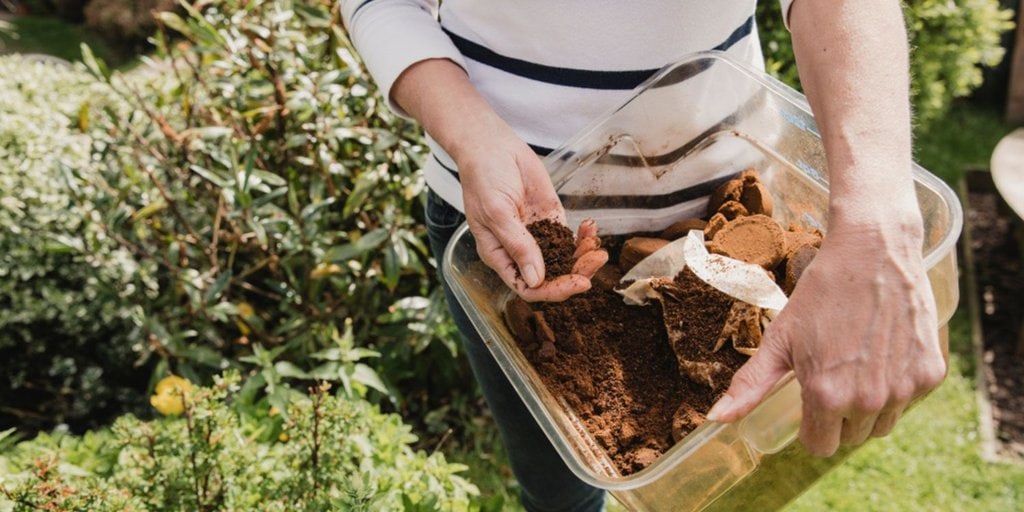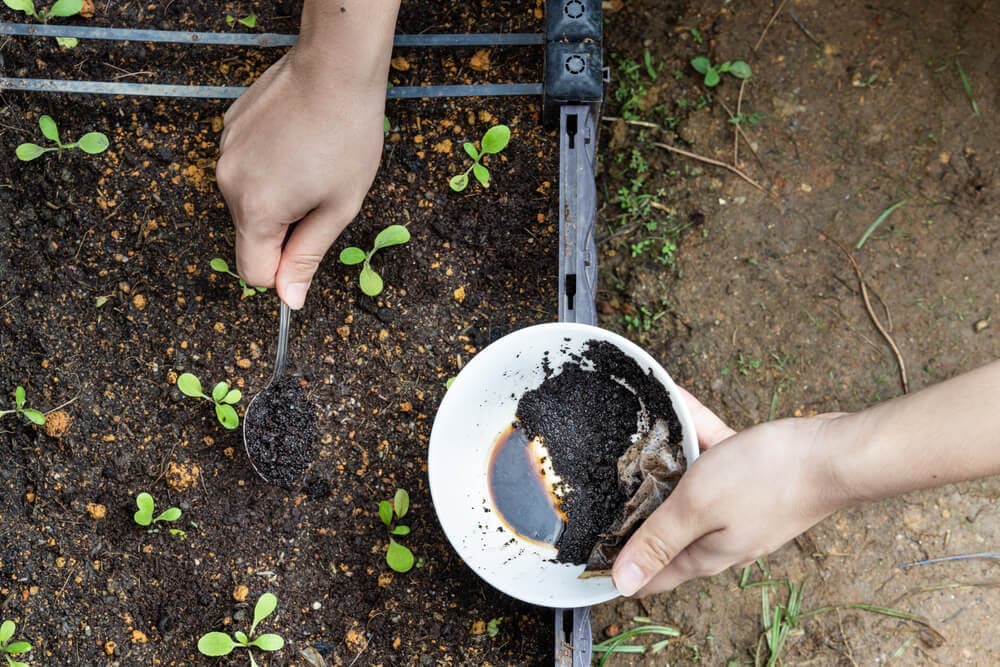
Anyone who owns a coffee machine knows that part of the deal is getting rid of coffee grounds. But before you toss them in the trash, consider this — those grounds are a valuable resource for nourishing your plants and enriching your soil. Horticulture experts have shared how there are various ways coffee grounds can benefit your garden and why they’re such a game-changer.
Coffee as a Plant Fertilizer
Coffee grounds make excellent fertilizer. Packed with essential nutrients like potassium, nitrogen, and phosphorus, they promote robust plant growth and blooming. Whether cultivating a wildflower garden or tending to your favorite blooms, incorporating coffee grounds into your soil can work wonders.
For those without a compost bin, coffee grounds can serve as an effective mulch around acid-loving plants like azaleas, rhododendrons, and blueberries. Mixing grounds into the soil can improve its structure and drainage, but be cautious not to overuse them, as they may inhibit water and air circulation around plant roots.
Natural Pest Control
If you’re tired of battling slugs and snails in your garden, coffee grounds may be the solution you’ve been looking for to get rid of those persistent pests.

The rough texture of grounds can deter these pests, while the caffeine content is believed to have a toxic effect on them. Use grounds alongside other pest control measures for best results.
When Not to Use Them
While coffee grounds offer numerous benefits, they’re unsuitable for many plants. Avoid using them near tomato plants and seedlings, as their acidity may interfere with growth. Composting grounds before use can mitigate acidity and broaden their application. When adding grounds to your garden, do so gradually and incorporate other organic mulches to prevent water restriction.
Don’t underestimate the potential of coffee grounds in your garden. From fertilizing plants to warding off pests, these humble leftovers can breathe new life into your green space. So, before you toss them away, consider giving your garden a caffeine boost, as it might just be the secret to a thriving oasis right in your backyard.